Is Switzerland making progress on green issues?
Recent record temperatures in Switzerland have shown clearly the effect of unexpected weather events on wildlife, the landscape and our everyday lives. Is Switzerland doing enough locally to play its part in trying to lessen the effects of climate change, and protect the environment and biodiversity on our doorstep?
This week activists staged a protest in Bern calling for more protection of the Swiss environment. A group of citizens plan to launch an initiative banning fossil fuels in the coming years. And the Federal Office for the Environment (FOEN) has had 27 groups of organisms on a ‘red’ list since 2017. Of the 10,702 species evaluated, 35% are considered endangered and a further 11% potentially.
In a report, the office said this shows that efforts to date are not sufficient to preserve biodiversity in Switzerland in the long term: extinction is taking place at a local, regional and national level. But efforts are being made to work on this and change has already taken place in some areas.
We take a closer look at four key environmental aspects.
1. Biodiversity
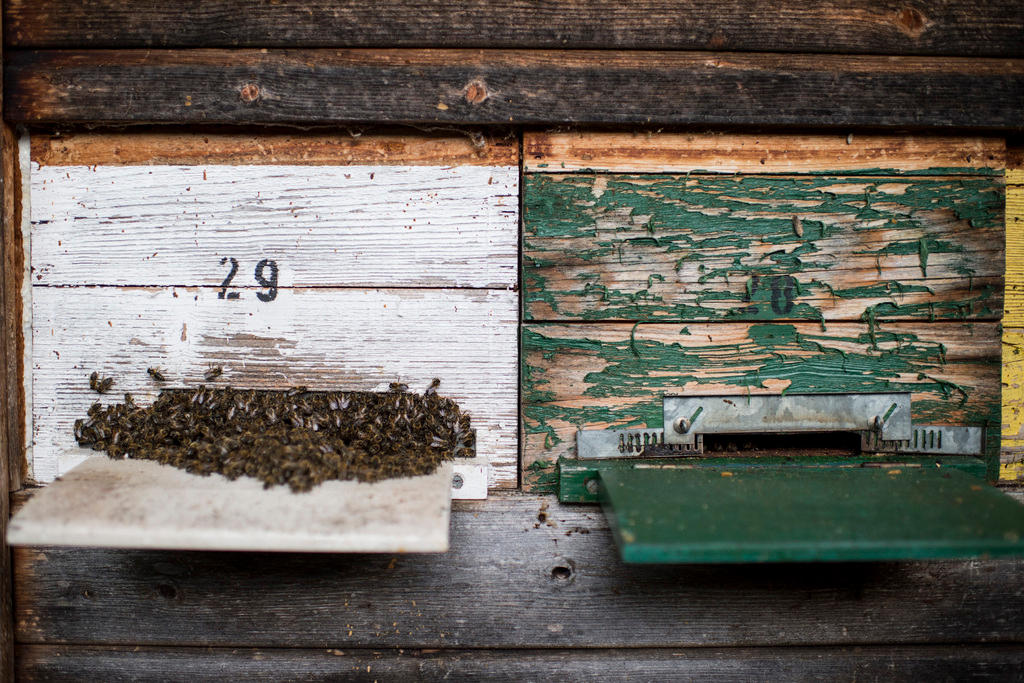
On the whole biodiversity has come to somewhat of a standstill. The FOEN report states that additional measures are needed to help boost the country’s natural capital. The ongoing threat of bees and insects’ extinction is detrimental for agriculture. Golf courses, new roads, urbanisation and the drying up of meadows, are in turn detrimental to many species of animals and plants.
2. Swiss waters
With a growth in economic activity after the Second World War, phosphorus pollution from urban communities, industry and agriculture increased in Switzerland’s waters. Since then, Switzerland has lowered its phosphorus pollutionExternal link levels in comparison to European and other countries, according to the FOEN.
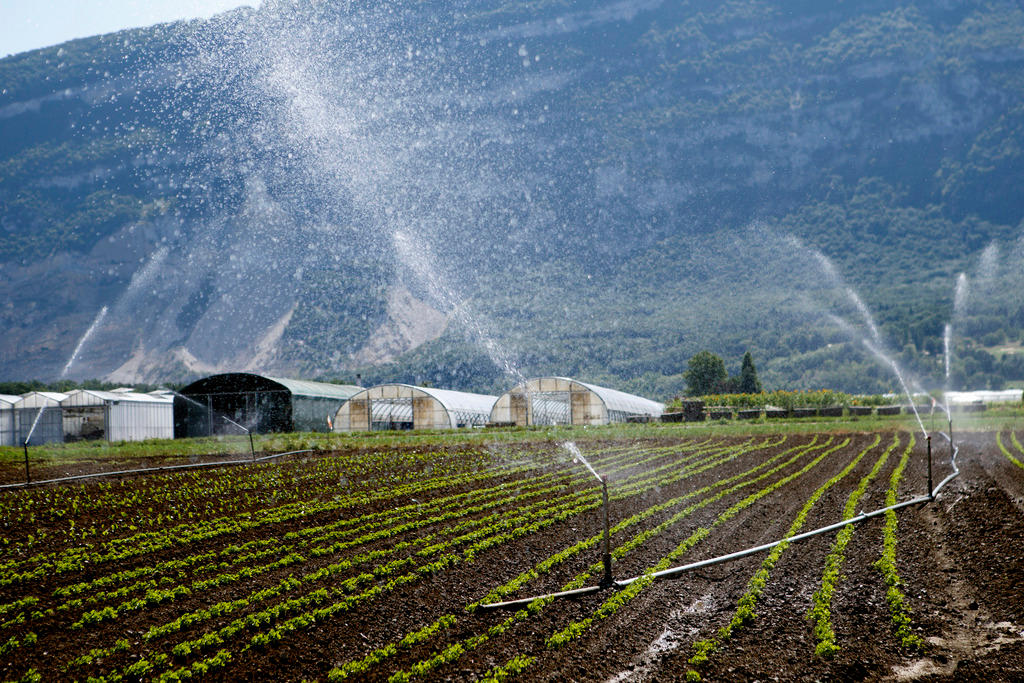
Water protection measures were taken in 1970 – optimising the treatment of wastewater, phosphate in textile detergents was banned in the 80s and environmental awareness in farming increased during the 90s, all of which contributed to Switzerland being a pioneer for change at the time. In the EU, a ban on phosphates in household detergents wasn’t applied until 2017.
3. The air that we breathe
Particulate matter or ‘PM10External link‘ is a fine dust which is generated during industrial and commercial production processes. Groups which emit these fine dust emissions – such as transport, households, industry and agriculture all contribute to particulate pollution, which leads to diseases of the respiratory tract, cardiovascular system, an increase in cancer risk and mortality rate.
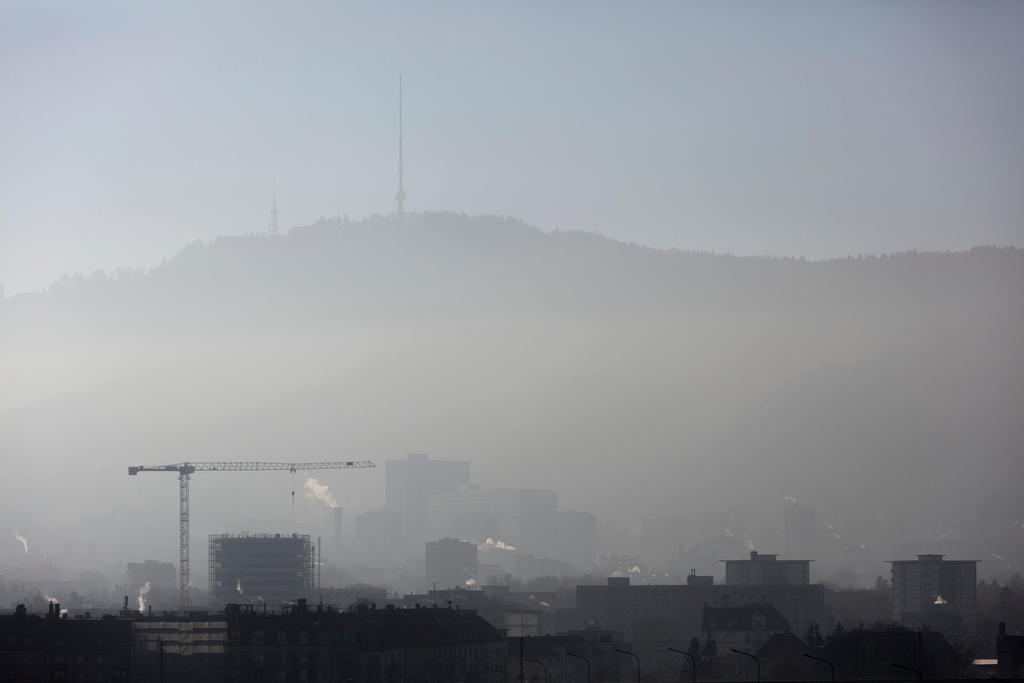
Although Switzerland has similar levels of these emissions to neighbouring European countries, positive developments have also been seen here, for example, lowering emissions from benzine through stricter regulationsExternal link which were implemented in Switzerland in the 1980s for exhaust emission from vehicles and industrial plants. Economic incentives such as steering levies on fuels containing sulphur, were also promoted.
4. Wild things
At the end of the 19th century, chamois, deer and ibex were pretty much extinct. But by establishing the first hunting law in 1875, protection and stricter hunting regulations were implemented.
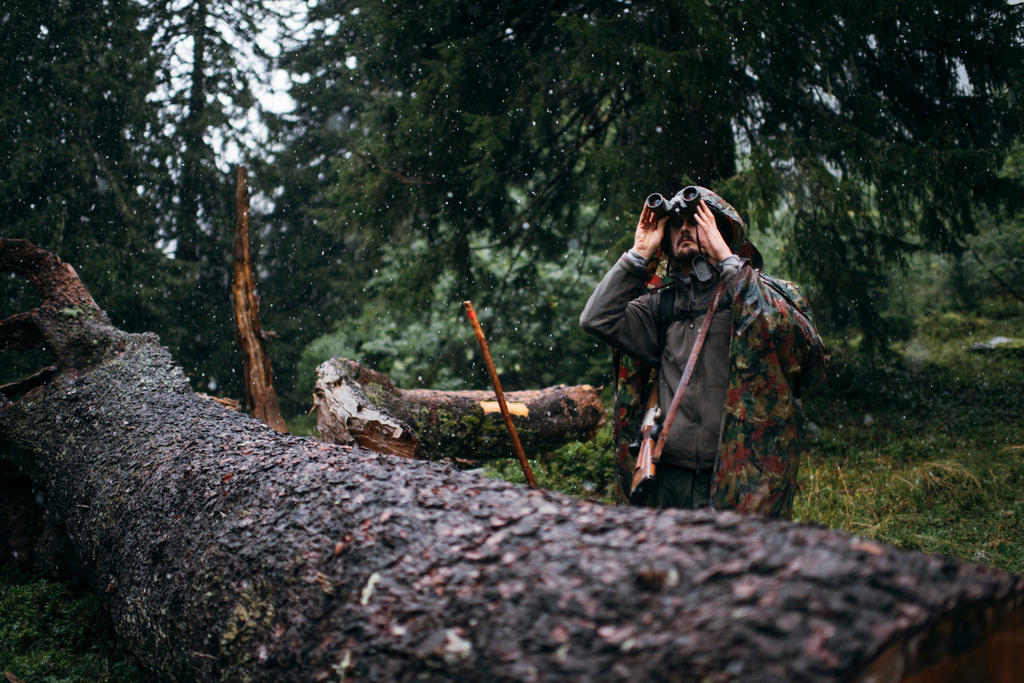
This was a starting point for many other species to make a comeback; the vulture, wolf, lynx, wild boar, beaver and otter are now regularly seen in the landscape and rivers of Switzerland, this is also due to more remote rural areas losing their populace and becoming more inviting to wildlifeExternal link.

In compliance with the JTI standards
More: SWI swissinfo.ch certified by the Journalism Trust Initiative
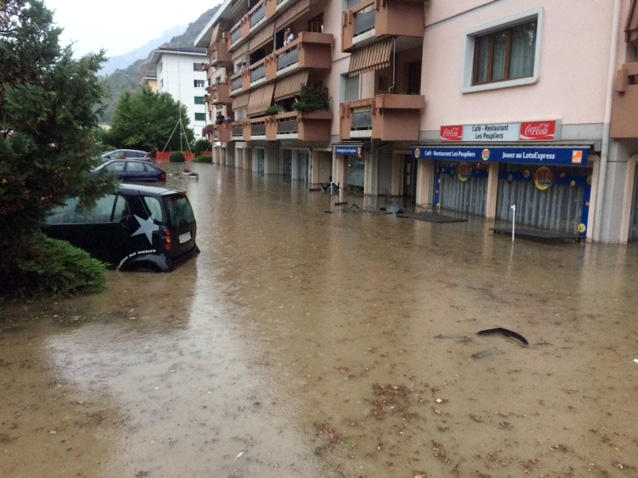
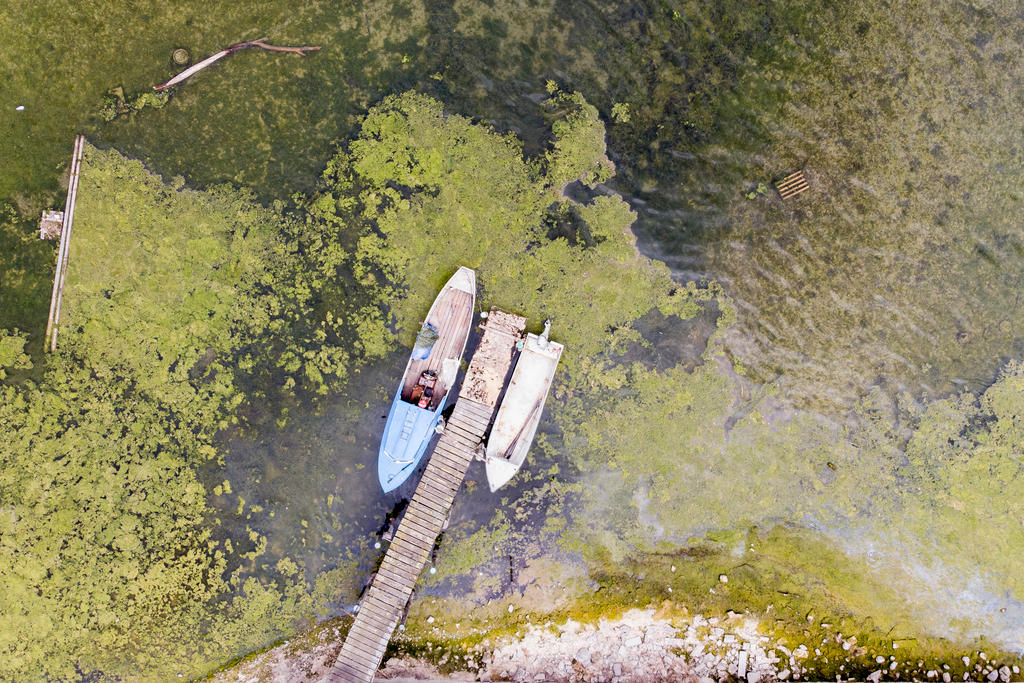
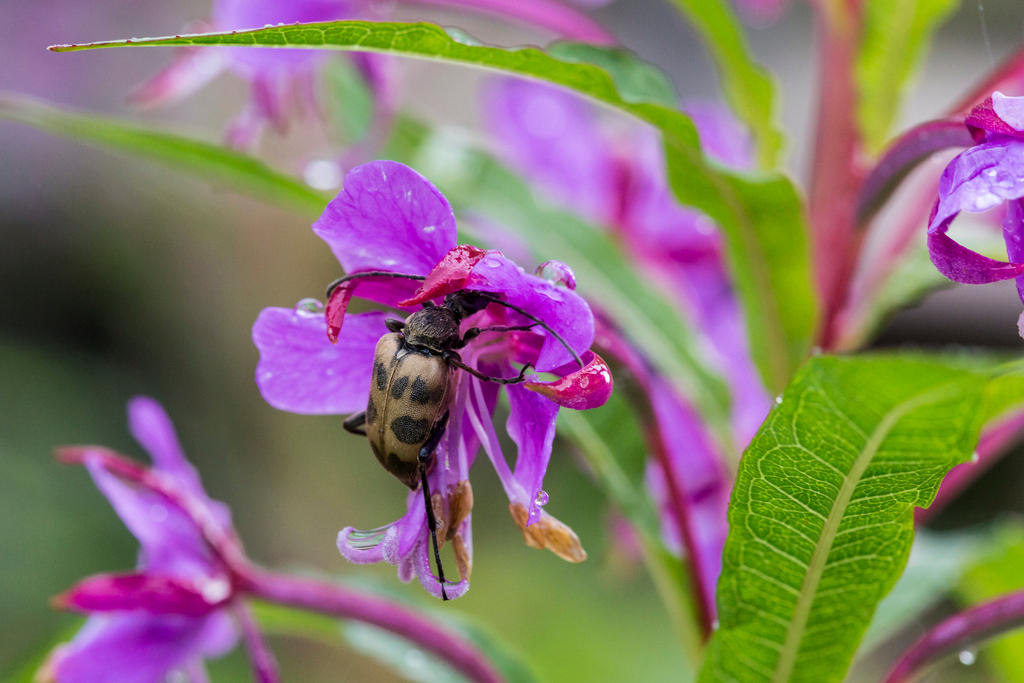
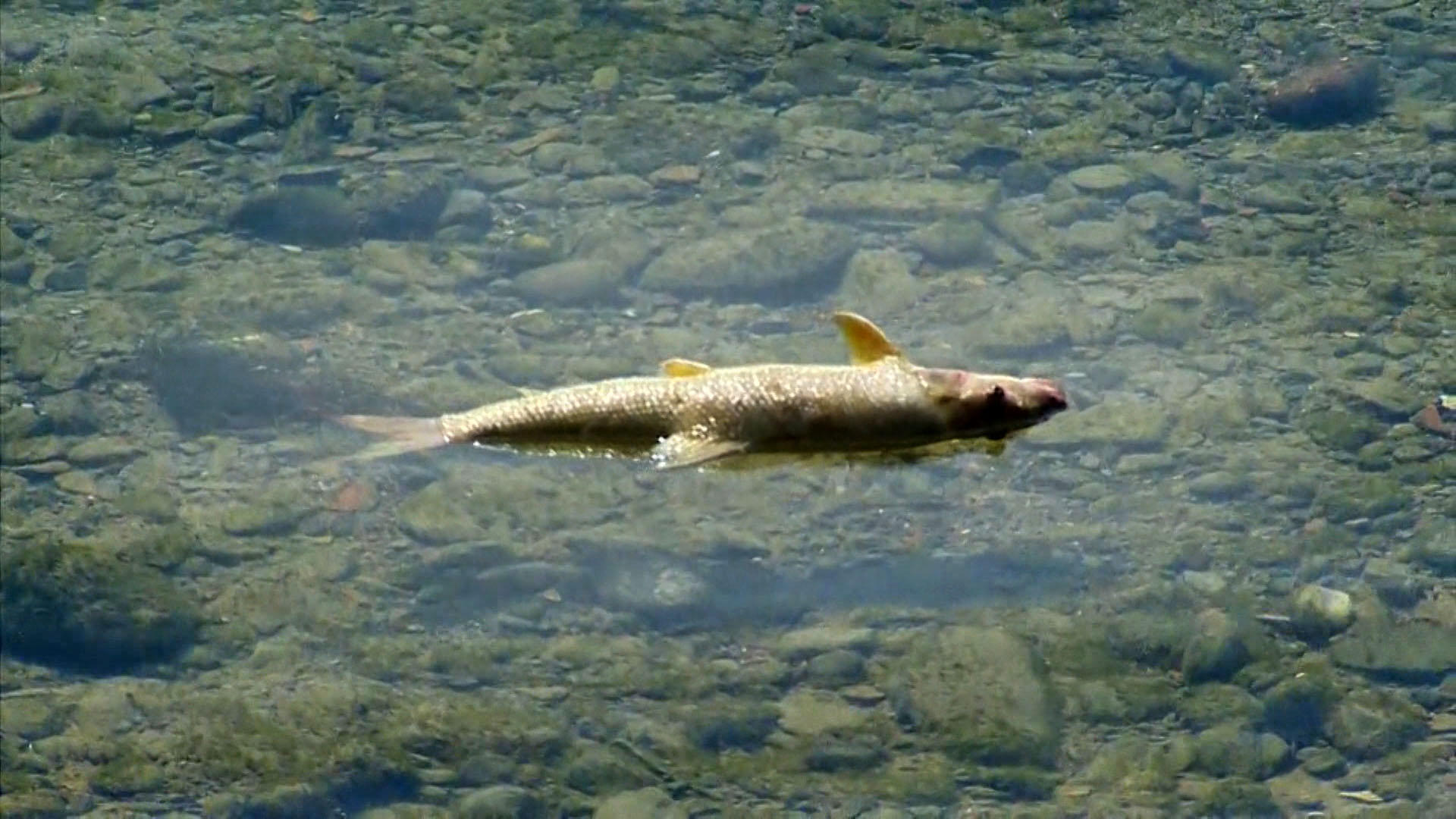
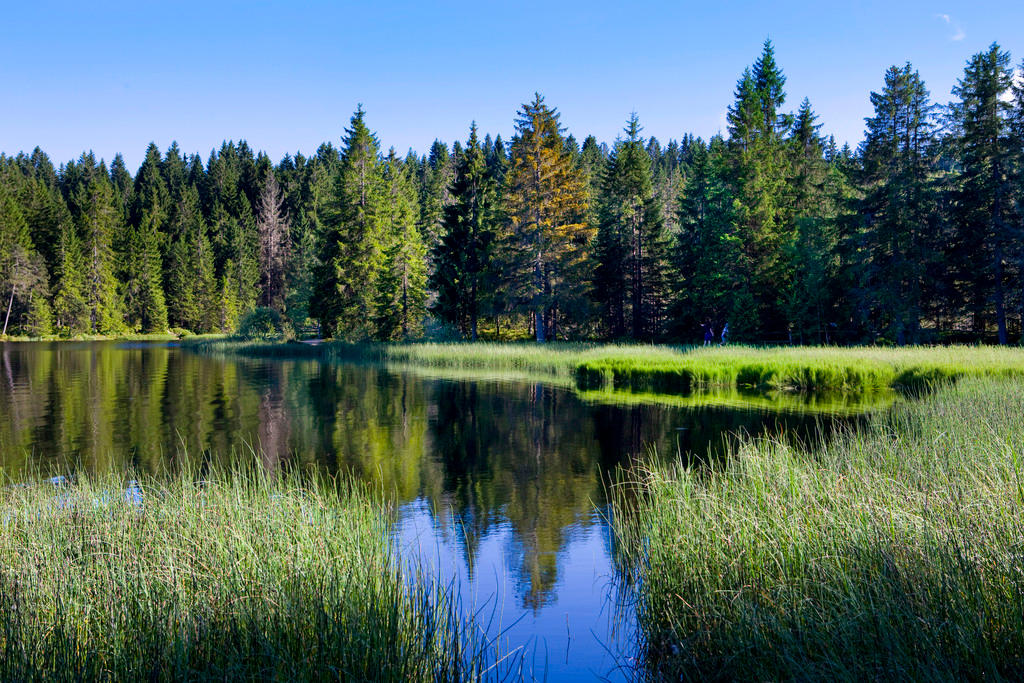
You can find an overview of ongoing debates with our journalists here. Please join us!
If you want to start a conversation about a topic raised in this article or want to report factual errors, email us at english@swissinfo.ch.